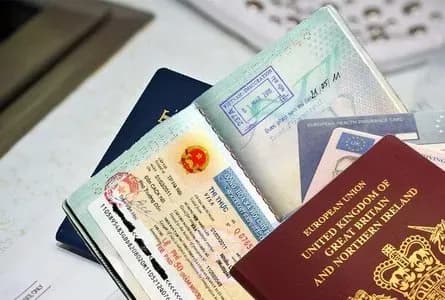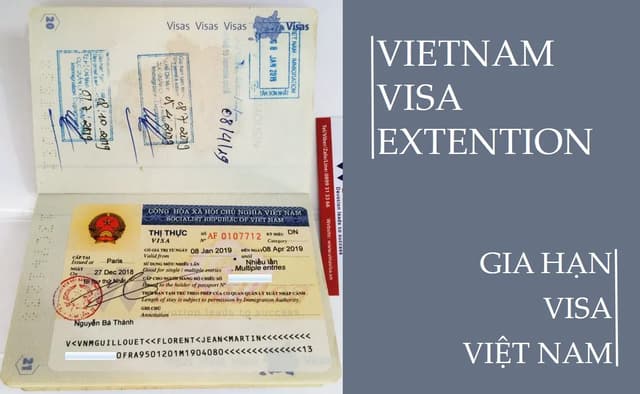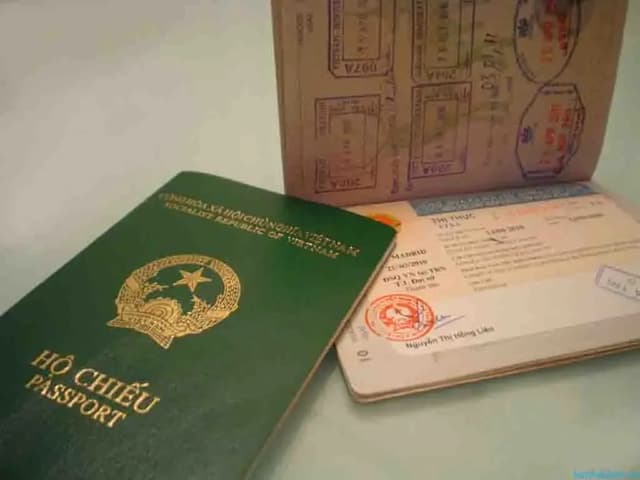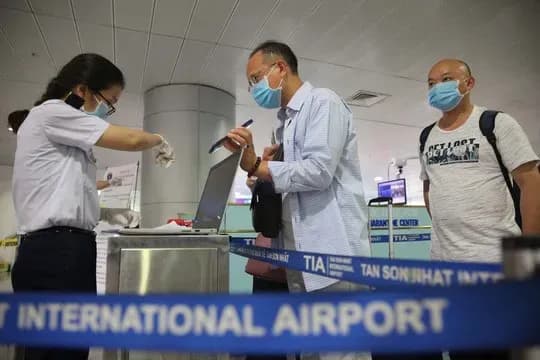Can individuals translate their documents themselves for authentication?
By Hoa Nguyen
10/11/2024
This article will answer the question of whether individuals can translate their documents themselves for authentication in Vietnam. We will provide detailed information on the relevant legal regulations regarding translation and authentication of documents, helping you understand the necessary requirements to ensure the legality and accuracy of authenticated documents.
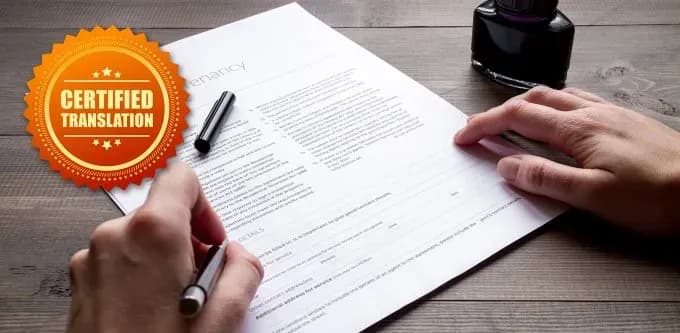
Certified translation and document authentication are important procedures for documents requiring translation with foreign elements. Accordingly, the requester for authentication can hire a translator from a notary office to translate the languages present in the document.
However, in many cases, in order to save money and to have the translation done according to the creator's intentions, individuals have translated their own documents and brought them to be notarized. Is this case allowed by the notarization law?
1. Why does the translated document need to be authenticated?
According to Article 4, Clause 2 of the 2014 Notarization Law, notarized documents include contracts, transactions, and translations certified by notaries according to regulations. Therefore, the translation is also considered a notarized document and must be verified by an experienced notary according to legal regulations.
2. Regulations on certified translators
Currently, according to Article 1, Clause 61 of the 2014 Notarization Law, certified translators must meet the following requirements:
First, the translation of documents from Vietnamese into foreign languages or from foreign languages into Vietnamese for notarization purposes must be carried out by a translator who is a collaborator of the notarization professional organization.
Therefore, the collaborator must be a graduate of a foreign language university or another university proficient in the foreign language to be translated. The collaborator is responsible to the notarization professional organization for the accuracy and suitability of the translation content they provide.
Second, notaries receive the original document that needs to be translated, check it, and hand it to the collaborator translator of their organization to perform the translation. The translator must sign each page of the translation before the notary public certifies and signs each page of the translation.
Each page of the translation must be stamped with the words "Translated Copy" in the blank space above the right; the translation must be accompanied by a copy of the original and stamped with a seal.
Therefore, normally the translation must be done by a collaborator of the notarization professional organization and meet the above requirements in order to translate and take responsibility for their own translation.
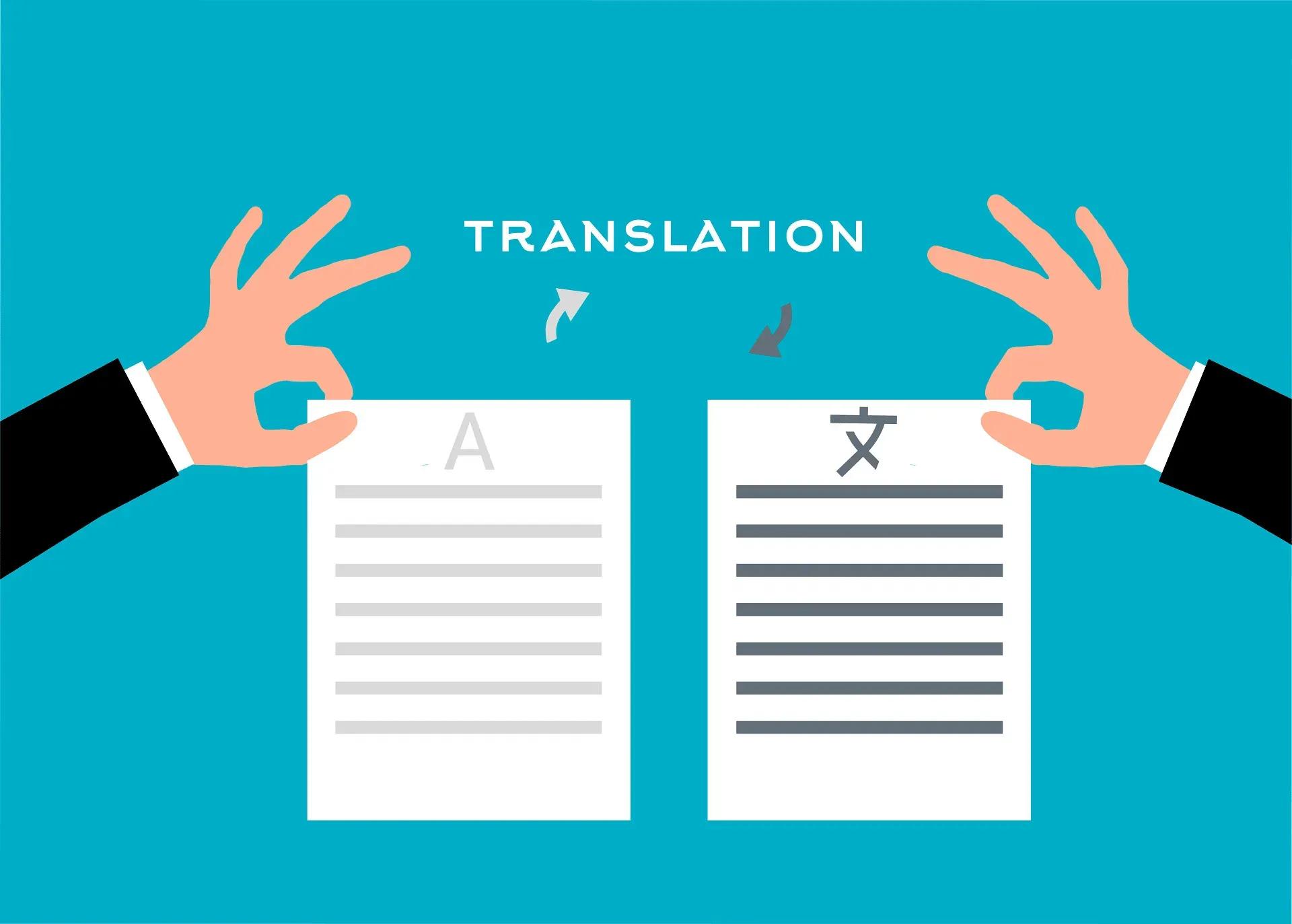
Notarizing a translation in addition to following the proper translation procedures must adhere to the general principles of notarization for the translation. Notaries are not allowed to receive and notarize translations in the following cases:
- Notaries know or should know that the original is issued without authority or is invalid; fake original.
- The document requested for translation is erased, corrected, added, subtracted, or damaged, unusable, unclear content.
- The document requested for translation is classified as a state secret; documents prohibited from dissemination according to legal regulations.
4. Can a self-translated document be authenticated?
If an individual meets the professional requirements and is confident in their level of expertise, this issue is governed by Clause 2, Article 31 of Decree 23/2015/ND-CP as follows:
For individuals who are not translation collaborators of the Department of Justice and self-translate documents for personal purposes and require the signature on the translated document to be authenticated, they must present the following documents:
- Original or certified copy of ID card or passport.
- Original or certified copy from the original document, certified copy of one of the documents specified in Clause 2, Article 27 of Decree 23/2015/ND-CP. Except for translating non common languages without a language bachelor's degree, a university degree but proficient in the language to be translated.
- The translation attached to the document needed to be translated.
- The requester for authentication must sign in front of the authentication officer, except for cases where the signature is authenticated at the receiving and result-returning department according to the one-stop, inter-agency mechanism, the officer receiving the dossier checks the documents, if they find that the requester meets the specified conditions, they request the requester to sign the document in need of authentication and hand it over to the authorized person to authenticate it.
Thus, individuals who are not translation collaborators of a notary office or the Department of Justice can completely use the translation provided by themselves. However, they must ensure the principles and comply with the prescribed documents, and the person must hold a bachelor's degree in the language they are translating or be proficient in that language.
Can individuals translate their documents themselves for authentication?
Vietnam visa application service for foreigners
By Hoa Nguyen
16/10/2024
Our Vietnam visa application service provides a quick and convenient solution for foreigners who need to enter and temporarily reside in Vietnam. We provide short-term and long-term visas for tourism, business, investment and visiting relatives. With a simple and professional process, we ensure to save time and bring satisfaction to customers. Contact us now for support!
Extend Vietnam visa procedures for foreigners
By Van Vu
16/10/2024
Extending Vietnam visa for foreigners is one of the important services to ensure legal residence in Vietnam. We provide a fast and simple visa extension process, suitable for various types of visas such as tourism, business, and visiting family. With attentive and professional support, we commit to bringing convenience and peace of mind to customers during the visa extension process. Contact us for detailed advice and support on extending Vietnam visa procedures.
Procedures for applying for visas for foreigners working in Vietnam
By Van Vu
16/10/2024
This article provides detailed instructions on the procedures for applying for visas for foreigners working in Vietnam, including short-term and long-term visa types, as well as corresponding conditions and expiry dates. In addition, information on legal regulations and necessary documents is also provided to support foreign workers and businesses in carrying out procedures effectively and legally.
Visa issuance for foreigners at international border gates
By Van Vu
21/10/2024
According to Article 18 of the Law on Entry, Exit, Transit and Residence of Foreigners in Vietnam 2014, the issuance of visas at international border gates for foreigners is regulated in detail.

